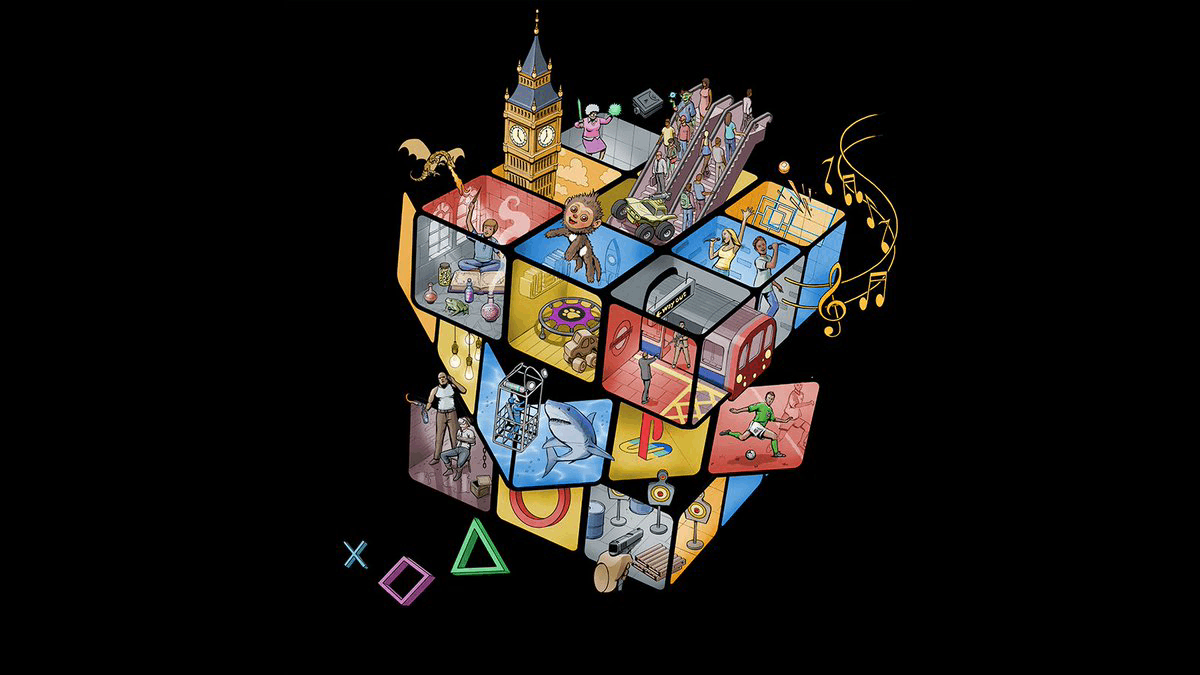Fellow vault inhabitants, welcome to the Wasteland! If you’re like me, you’ve devoted many hours to exploring the Fallout universe’s bleak yet somehow alluring environments. Fallout has made a lasting impression on players worldwide, from the neon-lit streets of New Vegas to the radioactively contaminated ruins of Washington, D.C. And now that the Fallout TV series has arrived, we’re witnessing the expansion of this cherished universe in novel and fascinating ways.
Official claims about Fallout —— Tim Cain’s views
However, each new adaptation brings with it change, and change can be a difficult thing to manage, particularly in a brand as rich and legendary as Fallout. Here comes Tim Cain, a CRPG legend and the original designer of Fallout. Cain’s opinions about the Fallout television series have been making waves lately, and I must say that his observations are as cool as a Nuka-Cola on a sweltering Mojave day.
A week after visiting the Hollywood premiere, Cain revealed his in-depth analysis of the series, which is a laudatory testament to its ability to recreate the spirit of Fallout. Cain isn’t worried about the little things, even if some fans are upset over chronological conflicts. Rather, he is concentrating on the overall impression: the program perfectly captures the atmosphere of Fallout.
“It’s easy to write post-apocalyptic stuff that doesn’t fit in the Fallout mold,” Cain said. He’s also not incorrect. There is a thin line between making stuff that feels like Fallout and content that feels like, well, something else completely, as anybody who has dabbled in the mod community knows. Cain’s admiration for the show’s commitment to the Fallout aesthetic demonstrates how well the developers grasp what makes the games unique.
However, Cain’s critique goes beyond the ambiance. Additionally, he emphasizes how the show’s protagonists exhibit several playstyles that gamers would be familiar with. Maximus, the power armored tank, Lucy, the Good Karma diplomat, and the Ghoul, the Small Guns specialist with a taste for chaos, are all present. These characters are avatars for the ways that we have all played Fallout at some time; they are more than simply survivors in a post-apocalyptic world.
Not to mention the enthusiasm around the show’s second season renewal. Cain’s passion is evident, and it’s obvious that he cares just as much about the show’s future as any other fan. But what about the chronological controversy, which is the unspoken problem? Cain’s perspective on the issue is refreshingly realistic. He proposes that the disparities can be attributed to the Fallout series’ common use of untrustworthy narrators. Who is to say that the dates in the show or games are correct, after all? Part of Fallout’s appeal has always been its ability to play fast and loose with the truth.

Cain also discusses ‘lore drift,’ a phenomena that isn’t specific to Fallout. He likens it to another property, Star Wars, whose history has been compressed and distorted over time. It is made more difficult by the challenge of selecting a “canon” ending for video games such as Fallout: New Vegas. Which endings are represented in the chronology of the show? It’s still debatable, and Cain’s willingness to be interpreted in any way is refreshing.
Alanah Pearce’s video is suggested on the show’s mythology contradictions for those seeking further study. He concludes, however, with a witty yet thought-provoking statement: “Not that it matters, I’m not in charge of this anymore, and neither are you.” It serves as a reminder that the Bethesda developers are ultimately in charge and that their decisions are final.
However, don’t assume that Cain’s statements aren’t significant. His support is a potent vote of favor for original game aficionados. It’s a reminder that Fallout is about a world that is always changing and to accept the new while respecting the past. Cain has a straightforward message for the purists who might object to the changes: “Cut that out, please.” There is enough space on the wasteland for everyone, and when there is so much to discover and take pleasure in, animosity is unnecessary.
Let’s learn from Cain and embrace the changes with joy and wonder as we prepare for additional on-screen and in-game explorations of the Fallout universe. After all, part of what makes Fallout so alluring isn’t the excitement of the unknown? So grab a Nuka-Cola, take a seat, and let’s see where this crazy journey leads us. Who knows? We could all be caught off guard by the next major revelation, which might be right around the corner.
A deeper look into Cain’s words
Both reviewers and fans have responded well to Cain’s exploration of the show’s history. His support for the series’ ability to depict the classic Fallout experience is evidence of how well the show’s producers understood the fundamentals of the franchise. Cain’s remark that “It’s easy to write post-apocalyptic stuff that doesn’t fit in the Fallout mold” emphasizes how difficult it is to maintain the series’ unique tone, a task that the program appears to have successfully completed.
It’s especially interesting to read Cain’s analysis of the mythos and timing discrepancies. He presents a realistic perspective, arguing that inconsistencies can be due to untrustworthy narrators—a notion that viewers of the series are likely to recognize. Because of this approach to the mythology, the Fallout world may be interpreted in a variety of ways and can change and grow over time without being inflexibly limited to a single, static story.
Cain’s advice to fans who might object to lore changes is straightforward: “Cut that out, please.” Numerous interpretations and storylines are possible due to the size and diversity of the Fallout universe. The fact that Fallout has been renewed for a second season shows that the voyage through the wasteland is far from ended and that viewers can anticipate further adventures that delve deeper into the rich universe of Fallout.
As we look to the future of the Fallout TV series, Cain’s viewpoint also must be taken into account. His observations inspire us to respect the franchise’s origins while embracing its development. Despite backstory alterations, the show’s ability to capture the spirit of Fallout shows that the series’ soul can persist via development and adaptation.

Tim Cain’s justification of the Fallout TV series’ mythology modifications is an appeal to the audience to see the shows with an open mind and be prepared to embrace the inevitable development of a cherished property. With Cain’s approval, both new and returning fans may now relish the wasteland’s stories with a fresh sense of excitement as the program successfully captures the essence of the Fallout experience. The Fallout universe continues to expand, and with it, our understanding of what it means to exist in a post-apocalyptic world. Let’s toast to Fallout’s future, where the only thing that is certain is that the journey will never really end.
Related posts:
OG Fallout lead Tim Cain defends the show’s lore changes in a glowing full review—’Not that it matters, I’m not in charge of this anymore, and neither are you’
OG Fallout lead Tim Cain defends the show’s lore changes in a glowing full review—’Not that it matters, I’m not in charge of this anymore, and neither are you’
Gaming News: Fallout Lead Tim Cain Defends Show’s Lore Changes



